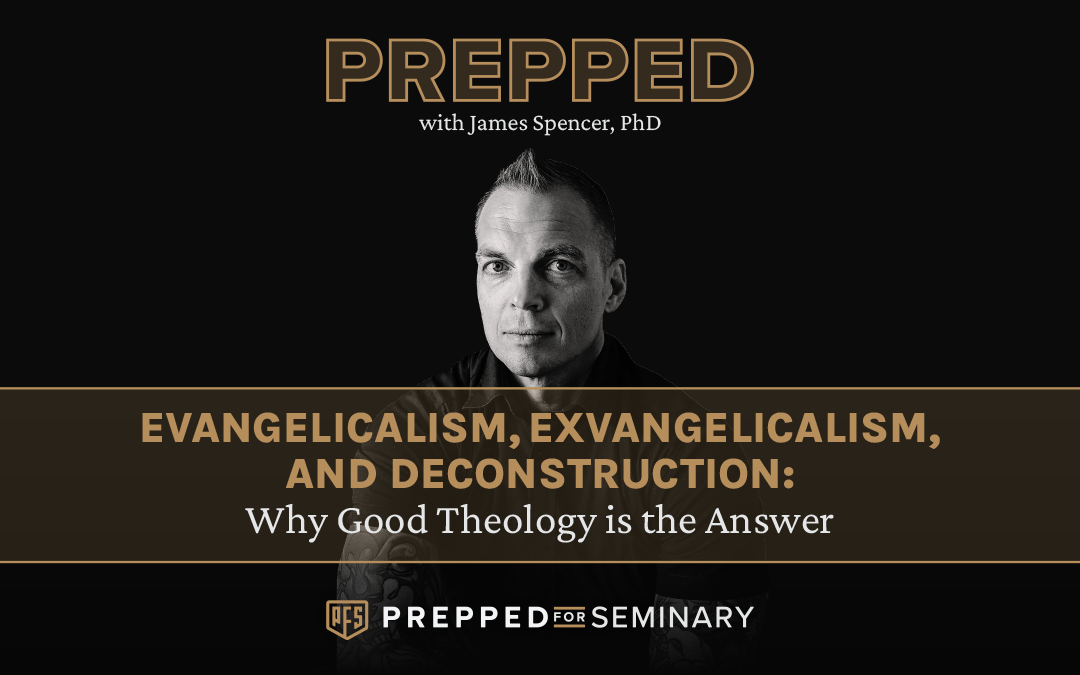Faith deconstruction is a growing conversation within the church today. As more people question the traditions and teachings they grew up with, the term “deconstruction” has taken on different meanings. Some see it as a way to grow closer to God, stripping away cultural baggage to uncover a more authentic faith. Others, however, use deconstruction as a path away from biblical truth, replacing God’s authority with their own.
In this article, we’ll explore what it means to deconstruct faith in a way that draws us nearer to Christ rather than further from Him.
The Rise of Deconstruction
Deconstruction has gained traction in recent years, with entire online communities built around questioning faith, particularly evangelicalism. Platforms like Instagram and TikTok are filled with stories of people re-examining their beliefs, often in response to personal church experiences, theological doubts, or cultural issues.
At its best, deconstruction can be a process of realignment—a way to distinguish biblical truth from man-made traditions. At its worst, it can become an excuse to walk away from God entirely, rejecting His authority in favor of personal autonomy.
The key question is: What is your reference point? Are you allowing God’s Word to guide your questions, or are you simply reshaping your faith to fit your preferences?
The Evangelical and Exvangelical Divide
Much of today’s deconstruction movement stems from dissatisfaction with evangelicalism. While evangelicalism has historically emphasized personal faith in Christ and the authority of Scripture, it has also become entangled with cultural and political identities. Some have seen this as a strength—an effort to influence society for Christ—while others view it as a distortion of biblical Christianity.
In response, the “exvangelical” movement has emerged, often defining itself in direct opposition to evangelicalism. Many exvangelicals critique the church’s lack of accountability, its alignment with political ideologies, or its handling of issues like race, gender, and abuse. Some of these critiques are valid. No church or movement is without flaws. However, the real danger arises when frustration with the church leads people to reject Christ Himself.
The Dangers of Deconstruction Without Reconstruction
Deconstruction becomes destructive when it leaves people with nothing to stand on. Questioning faith is not inherently wrong—scripture itself is filled with examples of people wrestling with God. However, biblical questioning always leads back to a firmer foundation in Christ.
The problem with much of today’s deconstruction is that it often removes the authority of scripture in favor of personal experience or cultural values. Instead of allowing God’s Word to reshape their beliefs, many are reshaping God to fit their own desires.
This is where deconstruction moves from healthy discernment to dangerous self-reliance.
Deconstruction without reconstruction leaves people spiritually homeless—adrift in a sea of endless doubts with no anchor. If we tear down false beliefs, we must replace them with biblical truth. Otherwise, we risk losing the very faith we claim to be examining.
A Biblical Approach to Deconstruction
If you find yourself questioning aspects of your faith, don’t panic. God is not afraid of your questions. However, how you approach those questions matters. Here are three key principles for biblical deconstruction:
1. Make God’s Word Your Reference Point
When questioning faith, ask yourself: Am I trying to align myself with God’s truth, or am I trying to align God with my truth? The Bible must be our standard. We don’t get to redefine God based on our personal experiences or emotions. Instead, we must allow His Word to reshape us.
2. Remain Rooted in Christian Community
Faith is not meant to be walked alone. While church hurt is real, isolation is not the answer. Surround yourself with mature believers who can help guide your questions with wisdom and grace. Find a church that values scripture over cultural trends, and seek discipleship from those who have wrestled with doubts and remained faithful.
3. Pursue Humility and Repentance
True faith isn’t about having all the answers—it’s about surrendering to Christ’s authority. Deconstruction that leads to greater humility, dependence on God, and obedience to His Word is valuable. Deconstruction that leads to pride, cynicism, and self-reliance is not.
The Call to True Reform
The church is not perfect—it never has been—but rejecting it entirely is not the answer. Instead, we are called to reform—to return to a biblical, Christ-centered faith. This means acknowledging failures where they exist, repenting where necessary, and recommitting ourselves to living under Christ’s authority.
Deconstruction should not lead us away from God but closer to Him. It should refine our faith, not destroy it. The goal is not to reshape Christianity into something more comfortable but to submit ourselves fully to the God who never changes.
Reflection Questions
- What has influenced your own faith journey—culture, personal experiences, scripture, or a mix of all three?
- When you question your faith, do you seek answers in God’s Word or primarily in other sources?
- Have you ever been tempted to redefine God based on your desires rather than submitting to His authority?
- How can you ensure that your doubts lead you closer to God rather than further away?
- What steps can you take to deepen your understanding of scripture and strengthen your faith in Christ?
